80% Say “Tribes and tribal governments are good for Oklahoma”
Sooner Survey: Volume 35 No. 6 | September 25, 2023
By Pat McFerron, President
Cole Hargrave Snodgrass & Associate
![]() @McFerron
@McFerron
The last 20 years have seen remarkable changes in the image of tribes and tribal governments in Oklahoma. In 2002, we asked a question that asked voters if Oklahoma’s tribes were an asset or had outlived their usefulness. At that time, just over half (53%) saw them as an asset while a third held the opposite view.
Today, it is a much different world with 80% saying the tribes and tribal governments are good for Oklahoma and only 15% holding the opposite view. We have asked this same question in three of the last five years and this 80% is the highest we have recorded.
Oklahoma’s tribes are seen as an asset to almost three-quarters of registered Republicans (73%) and an astounding 94% of Democrats and 91% of Independents. They do well in both urban (81%) and rural (78%) Oklahoma and particularly well within the Oklahoma City media market (87%).
When the 80% of voters who agree with the statement about tribes being good for Oklahoma are asked why they hold that belief, their impact on the economy is the top response, however, significant percentages also mention the tribal history in the state while others cite their personal connects as well as tribal help for schools and health care in the state.
The support for tribal governments improving has occurred under the cloud of McGirt v. Oklahoma, which is well-known in the state. More than seven in ten Oklahoma voters have heard of McGirt, even when a description of the case is not utilized. With a description, the familiarity increases to 86%. Those familiar with McGirt are actually a little more positive toward tribal governments (81% Good for Oklahoma) than are those who have not heard of this landmark case (78% Good for Oklahoma). Clearly, any concerns about McGirt and its fall-out is not landing at the feet of the tribes. McGirt is more likely to be recalled in the Tulsa media market (81% Unaided) than the rest of the state, but once the case is described, much of this gap dissipates.
When voters are asked who they trust the most to deal with McGirt, their opinions are split between the tribes (28%) or Attorney General Gentner Drummond (26%). Relatively few trust governor Stitt the most (18%) but that is slightly higher than those who trust the federal government (16%) to resolve any issues. Among Republicans, these numbers shift just a bit with 28% trusting Drummond and 24% trusting Stitt, while trusting the tribes drops to 20% and the federal government trust plummets to 10%. In Tulsa – where McGirt is more top-of-mind, Drummond has exceptional numbers for trust (38%). Here, the federal government (19%) is more likely to be trusted than is Stitt (16%) or the tribes (15%).
At the end of the day, Oklahomans want the tribes and state government to work together. When tasked with choosing between cooperation or Oklahoma laws taking precedence, 82% say they want cooperation. Cooperation has a 51-point advantage among registered Republicans (74% State to Work with Tribes; 23% State Laws Take Precedence) and an incredible 87-point lead among Democrats. This desire to work together transcends all regions of the state, all age groups, and all income groups.◊


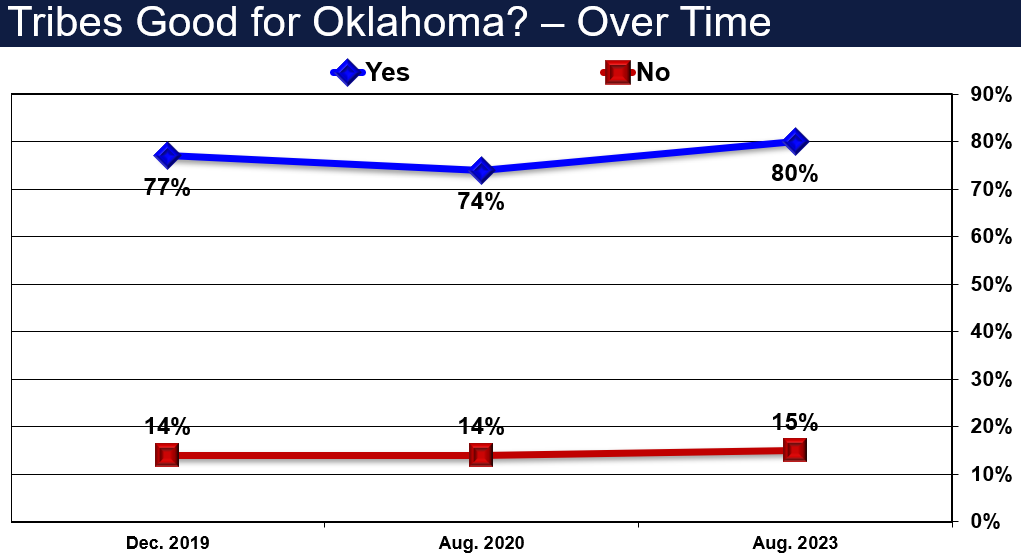
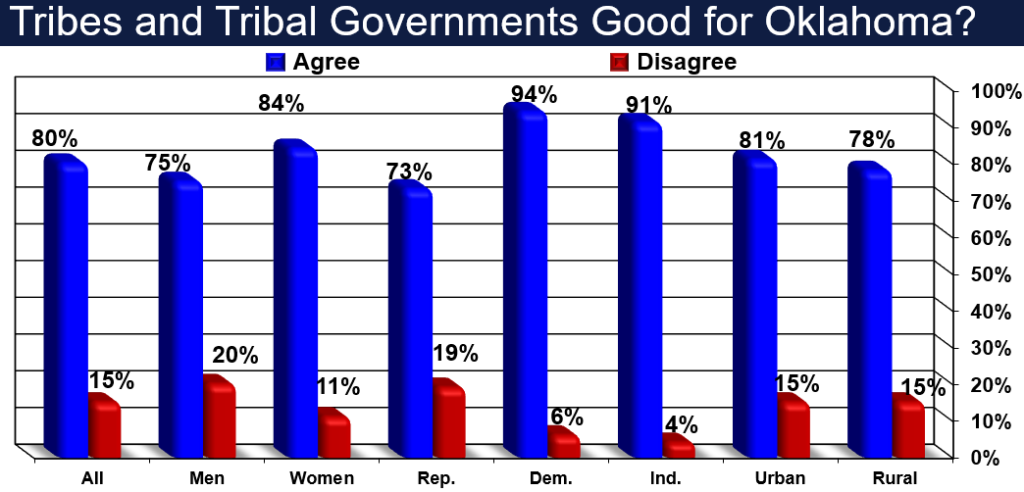
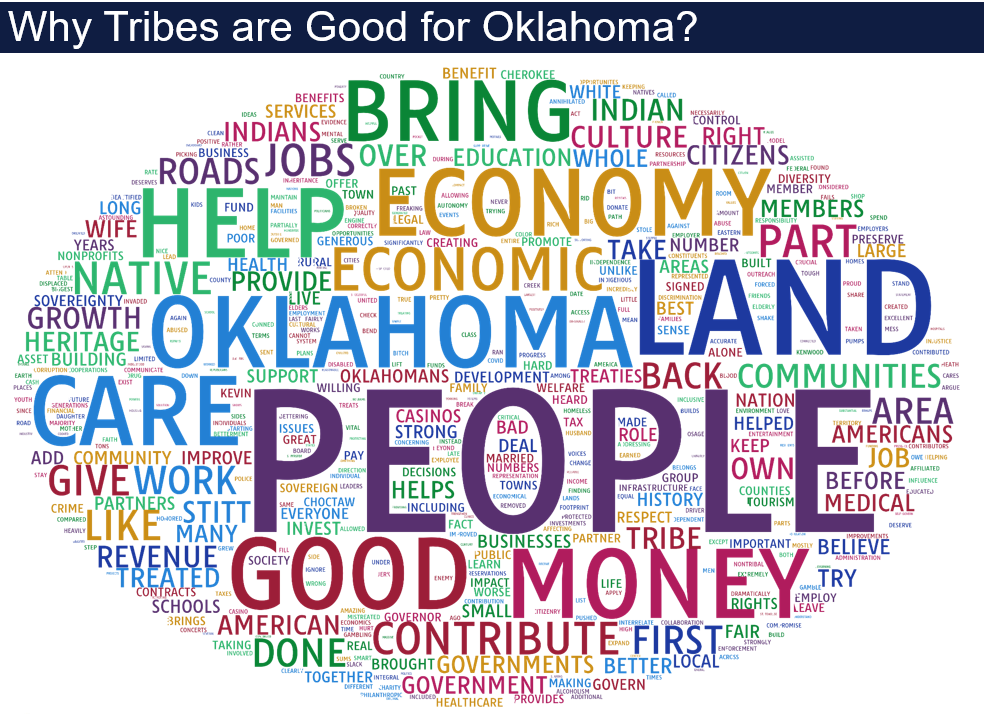
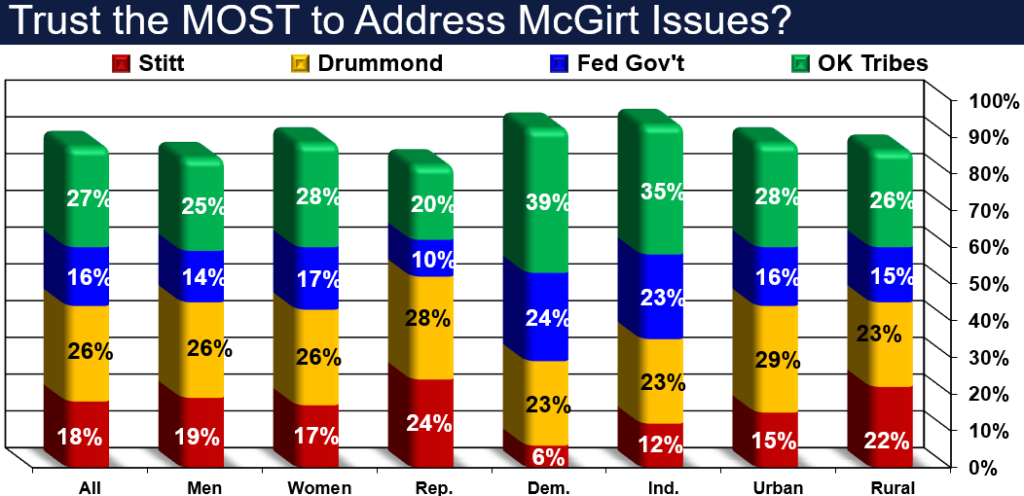

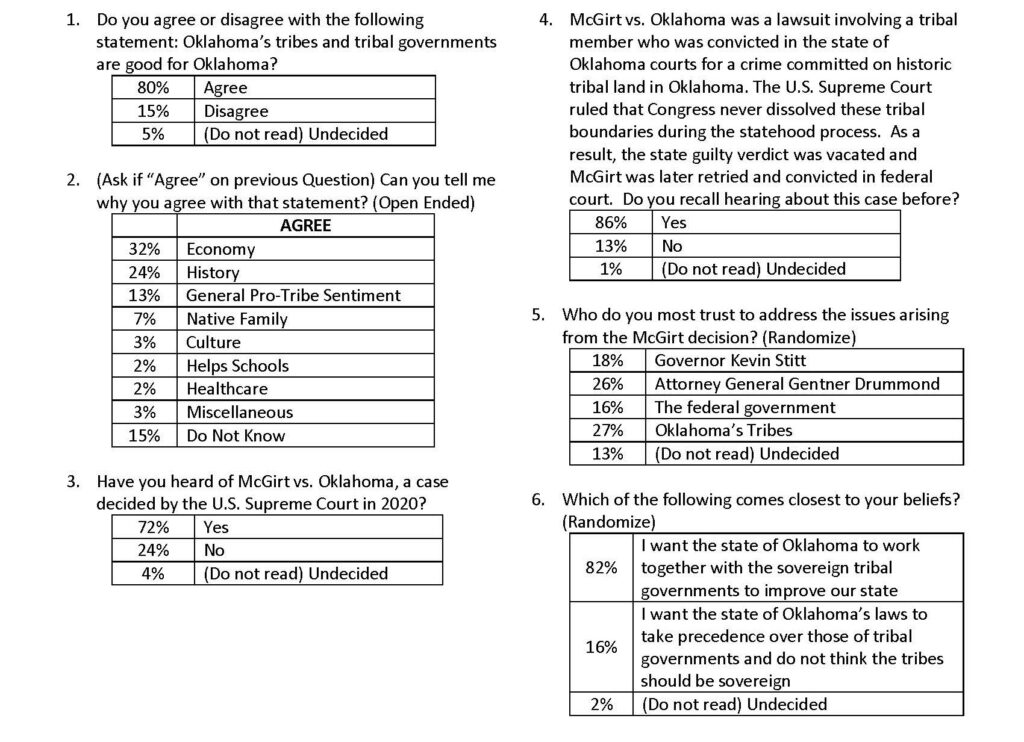


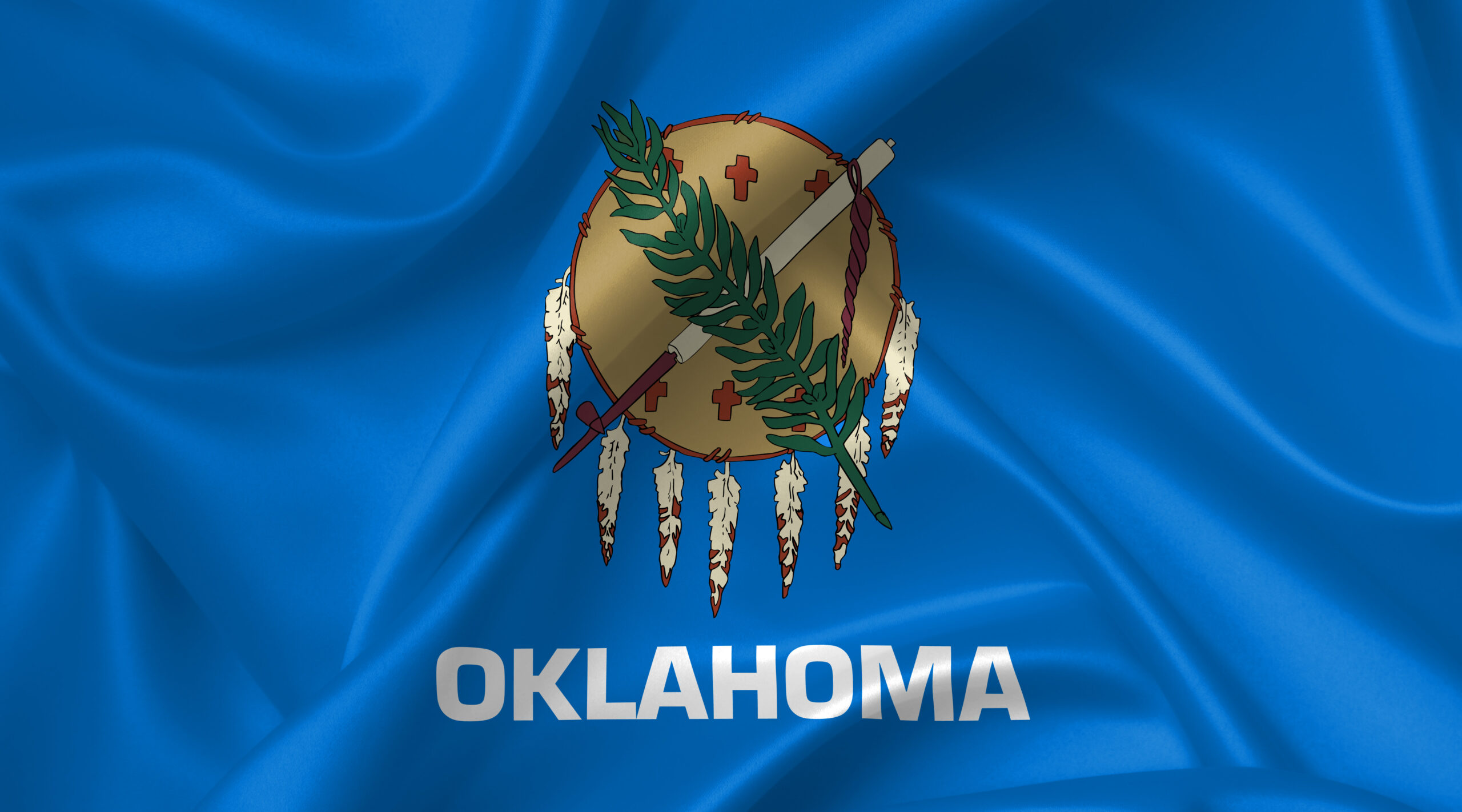
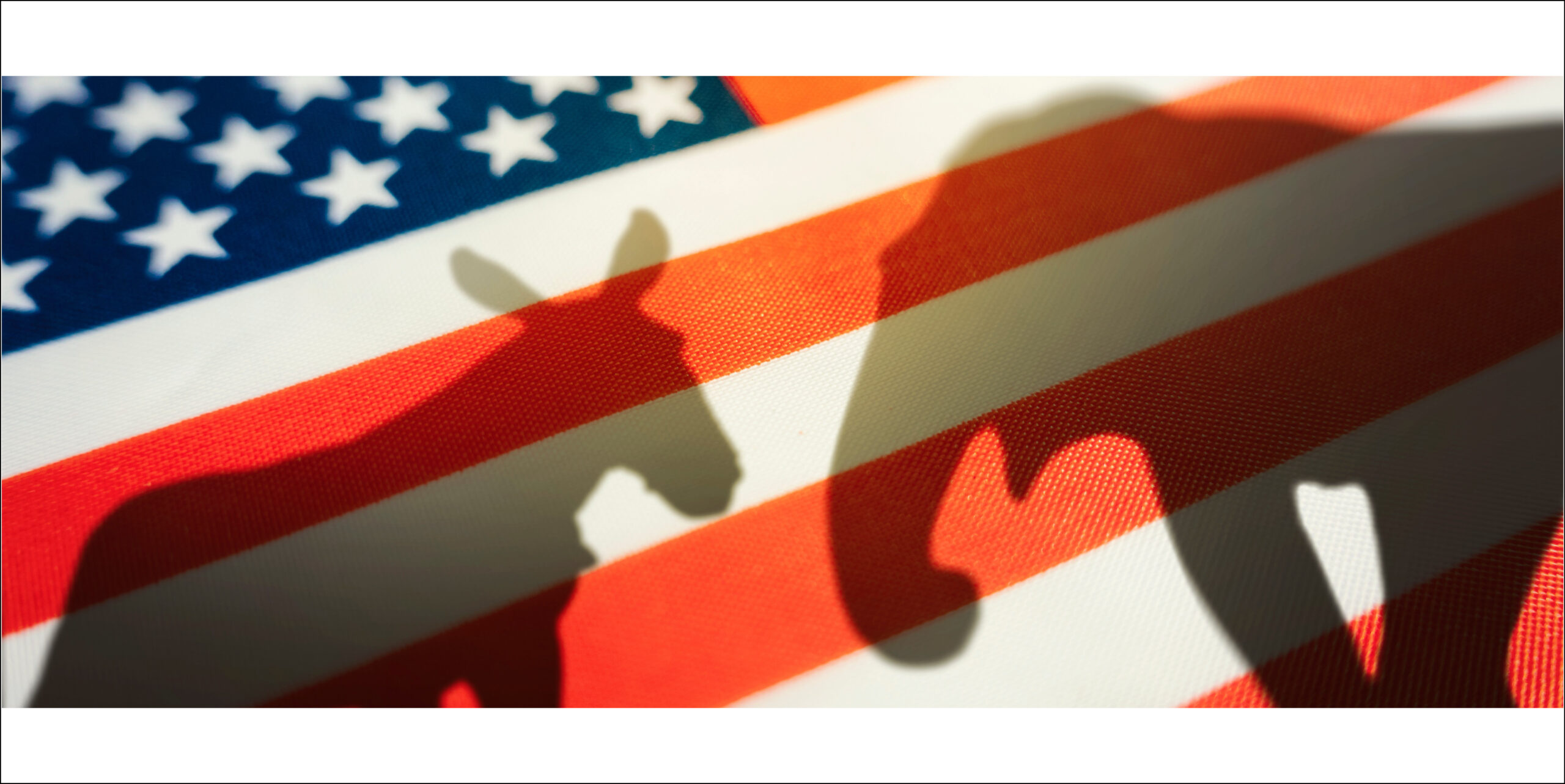
Recent Comments